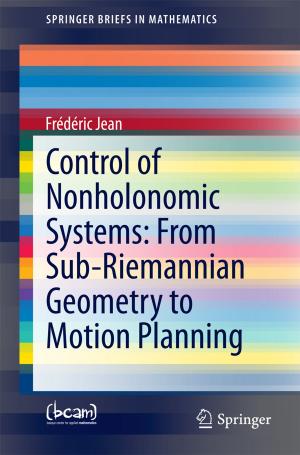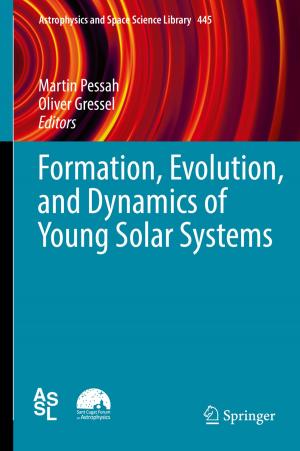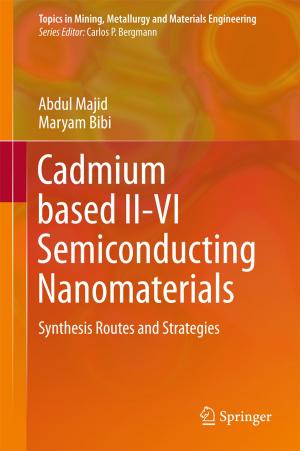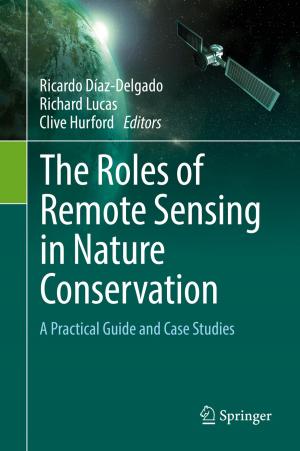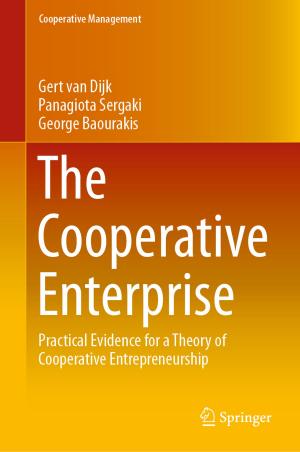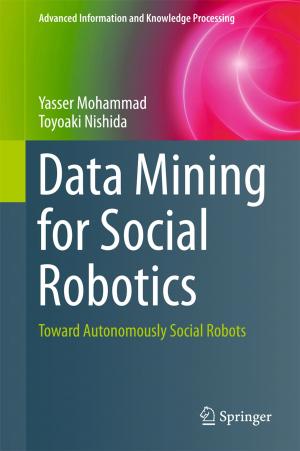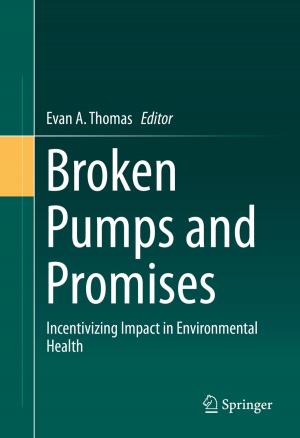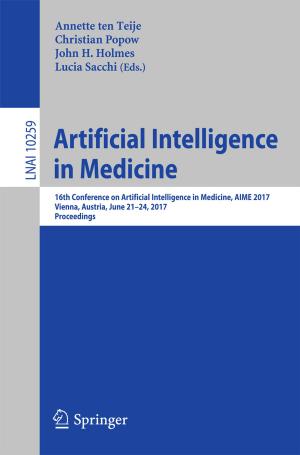Programming Language Concepts
Nonfiction, Computers, Database Management, Information Storage & Retrievel, Programming, Programming Languages, General Computing| Author: | Peter Sestoft | ISBN: | 9783319607894 |
| Publisher: | Springer International Publishing | Publication: | August 31, 2017 |
| Imprint: | Springer | Language: | English |
| Author: | Peter Sestoft |
| ISBN: | 9783319607894 |
| Publisher: | Springer International Publishing |
| Publication: | August 31, 2017 |
| Imprint: | Springer |
| Language: | English |
This book uses a functional programming language (F#) as a metalanguage to present all concepts and examples, and thus has an operational flavour, enabling practical experiments and exercises. It includes basic concepts such as abstract syntax, interpretation, stack machines, compilation, type checking, garbage collection, and real machine code. Also included are more advanced topics on polymorphic types, type inference using unification, co- and contravariant types, continuations, and backwards code generation with on-the-fly peephole optimization.
This second edition includes two new chapters. One describes compilation and type checking of a full functional language, tying together the previous chapters. The other describes how to compile a C subset to real (x86) hardware, as a smooth extension of the previously presented compilers.The examples present several interpreters and compilers for toy languages, including compilers for a small but usable subset of C, abstract machines, a garbage collector, and ML-style polymorphic type inference. Each chapter has exercises.
Programming Language Concepts covers practical construction of lexers and parsers, but not regular expressions, automata and grammars, which are well covered already. It discusses the design and technology of Java and C# to strengthen students’ understanding of these widely used languages.
This book uses a functional programming language (F#) as a metalanguage to present all concepts and examples, and thus has an operational flavour, enabling practical experiments and exercises. It includes basic concepts such as abstract syntax, interpretation, stack machines, compilation, type checking, garbage collection, and real machine code. Also included are more advanced topics on polymorphic types, type inference using unification, co- and contravariant types, continuations, and backwards code generation with on-the-fly peephole optimization.
This second edition includes two new chapters. One describes compilation and type checking of a full functional language, tying together the previous chapters. The other describes how to compile a C subset to real (x86) hardware, as a smooth extension of the previously presented compilers.The examples present several interpreters and compilers for toy languages, including compilers for a small but usable subset of C, abstract machines, a garbage collector, and ML-style polymorphic type inference. Each chapter has exercises.
Programming Language Concepts covers practical construction of lexers and parsers, but not regular expressions, automata and grammars, which are well covered already. It discusses the design and technology of Java and C# to strengthen students’ understanding of these widely used languages.

